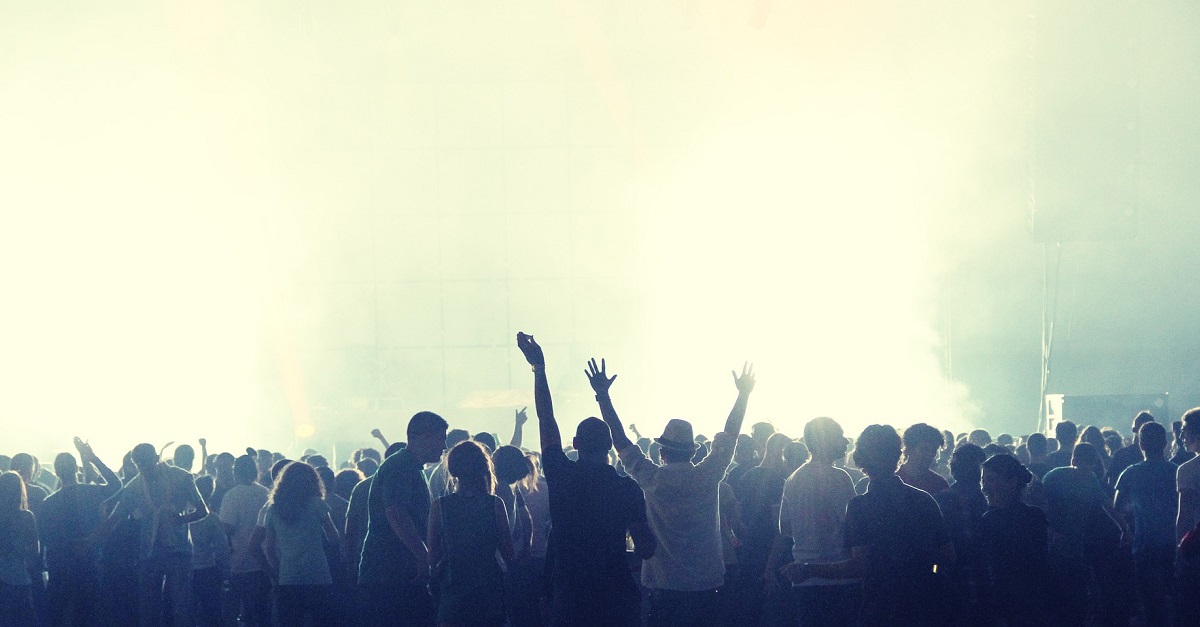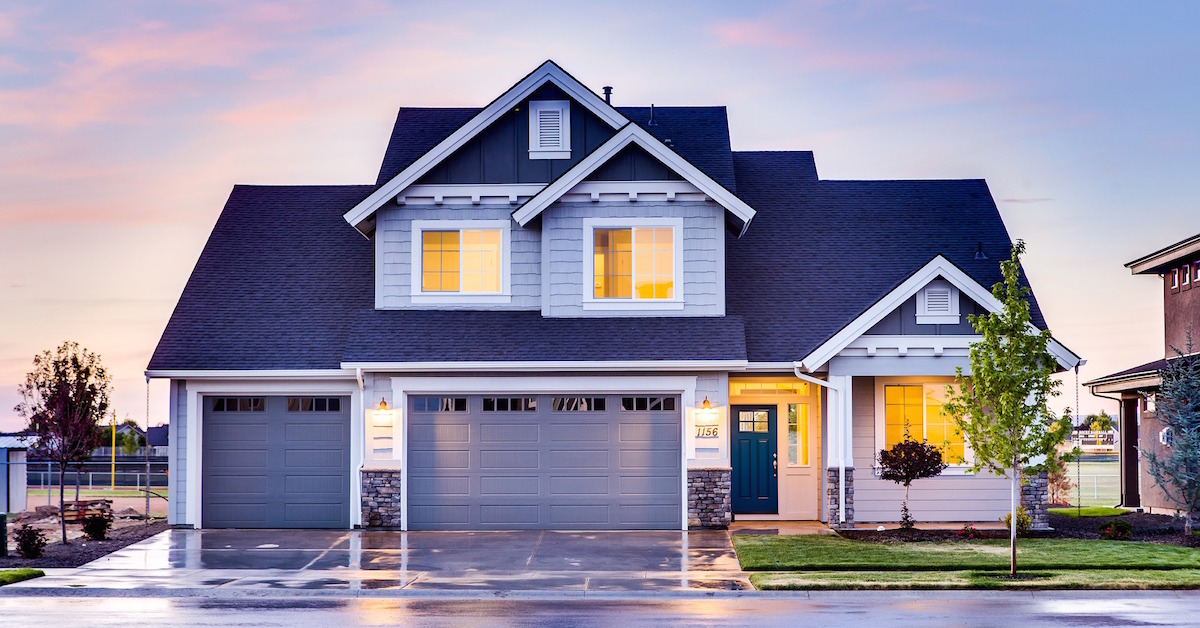Three Important Financial Factors To Consider When Buying Your First Home
It’s September and, along with the cool weather, that means the real estate market is back in full swing. Often buyers and sellers take a break during the summer, these months are filled with outdoor activities, BBQs and vacations, so this leaves little time to go house hunting.
But now that everyone is back into their regular routine the number of people actively looking for a new home starts to go back up.
When buying your first home there are a few important financial factors to consider. Not only will this be one of the biggest purchases of your life, but your home also drives a lot of on-going costs as well. These on-going costs can impact your budget for years to come.
Buying the wrong house might mean extra costs you didn’t anticipate or don’t have room for in your budget. This can mean years of financial pain and tight budgets.
Buying the right house means you’ll have lots of room in your budget to do all the things you love to do, travel, hobbies, restaurants etc.
When buying a house there are three very important financial factors to consider.
How Much House Can You Afford?
This is the BIG question for any first-time home buyer. Before buying you need to have a really good idea of how much house you can afford. Not just how much the bank is willing to lend, you but how much house you can purchase without feeling “house-poor”.
One important consideration is how much you can put towards your down payment. Having a down payment of 20%+ is ideal, but often not realistic. A down payment below 20% requires mortgage insurance, which gets rolled into your mortgage and increase your payments, but can let you purchase a home much sooner than you otherwise would. The more house you buy, the more your down payment needs to be.
Another factor is how large your monthly mortgage payments would be. Online calculators are a perfect way for you to estimate your monthly payments. Use any mortgage calculator to figure out how much you’ll have to pay based on your total mortgage, interest rate, and payment schedule.
What Are The Carrying Costs Of The Home?
Another important factor (maybe even the most important factor) is the annual carrying costs of a home. These annual costs can often be as much as your mortgage payment and estimating poorly can leave you with a very tight monthly budget.
Often people underestimate the carry costs of a home. This is especially true for first time home buyers. First time home buyers are blissfully unaware of all the expenses that come with owning a home. Costs that the landlord used to incur are now yours to budget for.
There are things like…
- Mortgage payments
- Mortgage insurance
- Property taxes
- Utilities
- Landscaping/lawn-care
- Home insurance
- Annual maintenance
Maintenance is a big one that is often under-estimated. The general rule is maintenance will cost between 0.5% and 1.5% of the home value each year. That means a $500,000 home needs to budget for $2,500 to $7,500 per year in maintenance!
Every situation is unique, and these expenses may only happen every few years. These expenses can also decrease if you have a newer home or are able to maintain things yourself.
Get estimates for each of these on items and build a post-home budget. See how your post-purchase budget compares to your current budget. Can you keep housing costs below 35% of your net-income?
Accidently budgeting on the low side means you risk being “house poor”.
Do You Have A Large Enough Emergency Fund?
Emergencies happen. Owning a home means there are more chances for an emergency to happen. A roof ca, leak, a basement can flood, a toilet can back up, you might find mold in your new home etc etc.
Because more things that can go wrong when you own a home you need to increase your emergency fund accordingly. Have you anticipated these extra savings in your monthly budget?
Owning a home also means being locked into more expenses. If you find yourself without a job decreasing your expenses isn’t as easy when you own a home. You have less options than someone who is renting. Moving to find work isn’t as simple. You have fixed mortgage payments, property taxes, utility bills etc.
These fixed expenses mean you need a bigger emergency fund. A renter might be fine with an emergency fund equal to 3-months of expenses, but for a home-owner the common recommendation is at least 6-months of emergency savings.
Three Important Financial Factors
How much to buy, how much to keep, and how much for emergencies are three of the most important financial factors to consider when buying a home but they aren’t the only factors. Buying a home is one of the biggest (if not THE biggest) financial decision you’ll ever make. Taking your time and understanding all the factors will serve you well down the road.
Related: Living small. Our 1,000 square foot home.
Join over 250,000 people reading PlanEasy.ca each year. New blog posts weekly!
Tax planning, benefit optimization, budgeting, family planning, retirement planning and more...
Join over 250,000 people reading PlanEasy.ca each year. New blog posts weekly!
Tax planning, benefit optimization, budgeting, family planning, retirement planning and more...





0 Comments